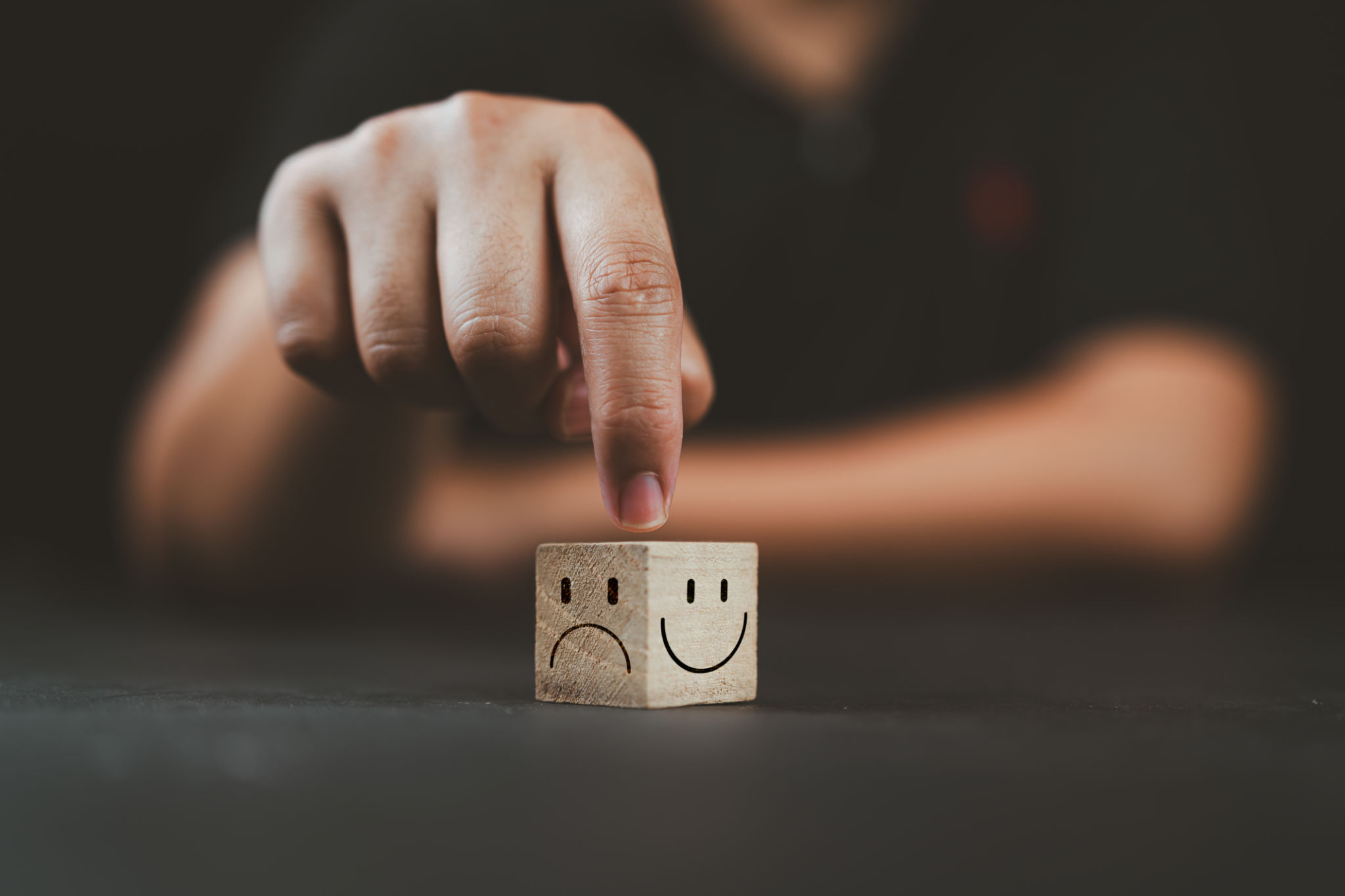7 Surprising Things Inactivity Does to Your Body
Introduction
You’ve probably heard people claim that sitting is just as bad as smoking. Well, turns out, they’re not exaggerating. In today’s world, a lot of us spend hours glued to our chairs — working, watching Netflix, scrolling through TikTok, or gaming. But here’s the problem: being inactive for too long quietly messes with your body in ways you might not even notice… until it’s too late.
So, if you spend most of your day sitting at a desk, lounging on the couch, or parked in front of a screen — this one’s for you.
Let’s dive into 7 surprising (and a little scary) things inactivity does to your body, and how you can fight back.

1. It Makes You Gain Weight (Especially Around Your Belly)
When you’re not moving much, your body burns fewer calories. Simple as that. And those extra calories? They love to settle around your middle. That stubborn belly fat isn’t just a cosmetic issue — it’s linked to heart problems, type 2 diabetes, and other health issues you definitely don’t want.
Inactivity also throws off how your body handles insulin, the hormone that controls blood sugar. This makes it easier to pack on pounds and harder to get rid of them.
What You Can Do:
- Take short walks during your work breaks.
- Stand while you’re on phone calls.
- Stretch every hour.
- Try a mini workout in the morning or evening.
- Use a fitness tracker to remind you to move.
Even minor movements can make a difference, even standing uses more energy than sitting.
2. Your Muscles Get Weak and Flabby
That old saying ‘use it or lose it’ isn’t just clever talk — it’s the truth. When you don’t move your muscles regularly, they start to shrink and weaken. It gets harder to lift things, climb stairs, or carry groceries without getting winded. Simple things like bending down or grabbing something from a high shelf can start to feel exhausting.
When muscles weaken, your body loses strength and balance, increasing your risk of injuries like falls or strains. Plus, less muscle means a slower metabolism, making it even easier to gain weight.
Quick Fix:
- Try simple bodyweight exercises like squats, lunges, and push-ups a few times a week.
- Resistance bands are cheap, easy to pack, and surprisingly effective.
- Do calf raises while brushing your teeth.
- Sneak in stair climbs whenever you can.
The more you move, the stronger you stay.

3. It Slows Down Your Metabolism
Your metabolism is your body’s power source, burning calories even when you’re at rest. But when you barely move all day, that engine starts to idle. Over time, it gets lazy, and you’ll gain weight faster and find it harder to lose it.
When you stay active, your body keeps burning calories after your activity ends — a perk called the “afterburn effect.” The less you move, the less of this you get, meaning fewer calories torched throughout the day.
Smart Moves:
- Do 5-10 minutes of light activity every hour. March in place, stretch, or stand up and move.
- Try standing desks or desk cycles if you work from home.
- Take the stairs instead of the elevator.
- Walk your dog an extra block.
Schedule stretch breaks or short movement alarms on your phone.
4. It Wrecks Your Heart Health
Sitting too long isn’t just bad for your waistline — it’s tough on your heart too. Blood moves slower when you’re inactive, which means fatty stuff like cholesterol can build up in your arteries. This raises your risk of heart disease and strokes.
Studies show people who sit for long periods are more likely to have high blood pressure, high cholesterol, and other markers of heart problems — even if they exercise now and then. That’s because long sitting sessions disrupt the benefits of occasional workouts.
Simple Tricks:
- Dance around while cleaning — vacuuming counts too!
- Park farther away at the store and take extra steps.
- Pace while talking on the phone.
- Invest in a step counter or use your phone’s pedometer to aim for 7,000-10,000 steps a day.
5. Your Mood Takes a Hit
Ever noticed how you feel blah after lying around all day? That’s not just boredom — inactivity affects your mental health too. Moving your body releases feel-good chemicals called endorphins that boost your mood and reduce stress.
When you don’t get enough physical activity, your brain misses out on these natural mood-lifters. This can lead to feelings of anxiety, irritability, or even depression.
Ideas:
- Go for a quick jog or bike ride.
- Get your favorite music going and enjoy a spontaneous dance party right where you are.
- Try a YouTube yoga or Zumba video.
- Take a short walk outdoors — fresh air works wonders for your mood.
- Join an online fitness challenge with friends for extra motivation.

6. It Messes With Your Digestion
Your body needs movement to keep things moving — if you catch my drift. Sitting too long can slow down digestion and cause bloating, gas, and constipation. Even your metabolism gets sluggish without regular movement, making your digestive system work harder than it needs to.
Over time, this can lead to chronic digestive problems like indigestion or irritable bowel syndrome (IBS).
Easy Fix:
- Drink water regularly throughout the day to help your body work its best.
- Get moving after eating; even a 10-minute walk helps your body process food.
- Stretch your torso to stimulate digestion.
- Avoid heavy, greasy foods if you know you’ll be sitting for a long time.
Try herbal teas like ginger or peppermint for stomach relief.
7. Your Immune System Gets Lazy
Your immune system loves it when you’re active. Working out boosts your body’s ability to fight off illnesses and stay healthy. Regular movement boosts circulation, improves sleep, and reduces inflammation — all of which help your body ward off sickness.
Skip movement too often, and you might find yourself catching colds or feeling run down more often than you’d like. Plus, inactivity can increase stress hormones like cortisol, which suppress immune function over time.
Boost Your Defenses:
- Even 20 minutes of walking helps boost immunity.
- Try quick home workouts.
- Stretch while watching TV.
- Eat colorful fruits and veggies packed with antioxidants.
- Get enough sleep — movement improves sleep quality too.
Conclusion
Look, no one’s saying you need to run marathons or hit the gym for hours. But moving a little more every day can make a huge difference for your body and mind.
It’s not about perfection. It’s about progress.
Remember:
- Break up sitting time.
- Sneak in little movements.
- Have fun with it!
- Use technology — pedometers, fitness apps, or smartwatches — to remind you to stand and move.
Your future self will thank you.
Quick FAQs
Q1: Can sitting too much really cause weight gain?
Yep — especially around your belly. When you don’t move much, you burn less energy—and that can cause weight gain.
Q2: How often should I get up if I work a desk job?
Try standing, stretching, or walking for a few minutes every hour.
Q3: Is walking enough exercise?
It’s a great start! A simple walk can strengthen your heart, brighten your mood, and keep your metabolism going.
Q4: What are easy ways to stay active if I’m always busy?
Short walks, stretch breaks, dance parties, standing phone calls — it all counts!
Q5: Can inactivity affect digestion?
Yes! Sitting too long can slow digestion, causing bloating and constipation.
Q6: Is it too late to reverse the effects of inactivity?
Not at all! Even small changes make a big difference. Start slow, stay consistent, and keep moving.